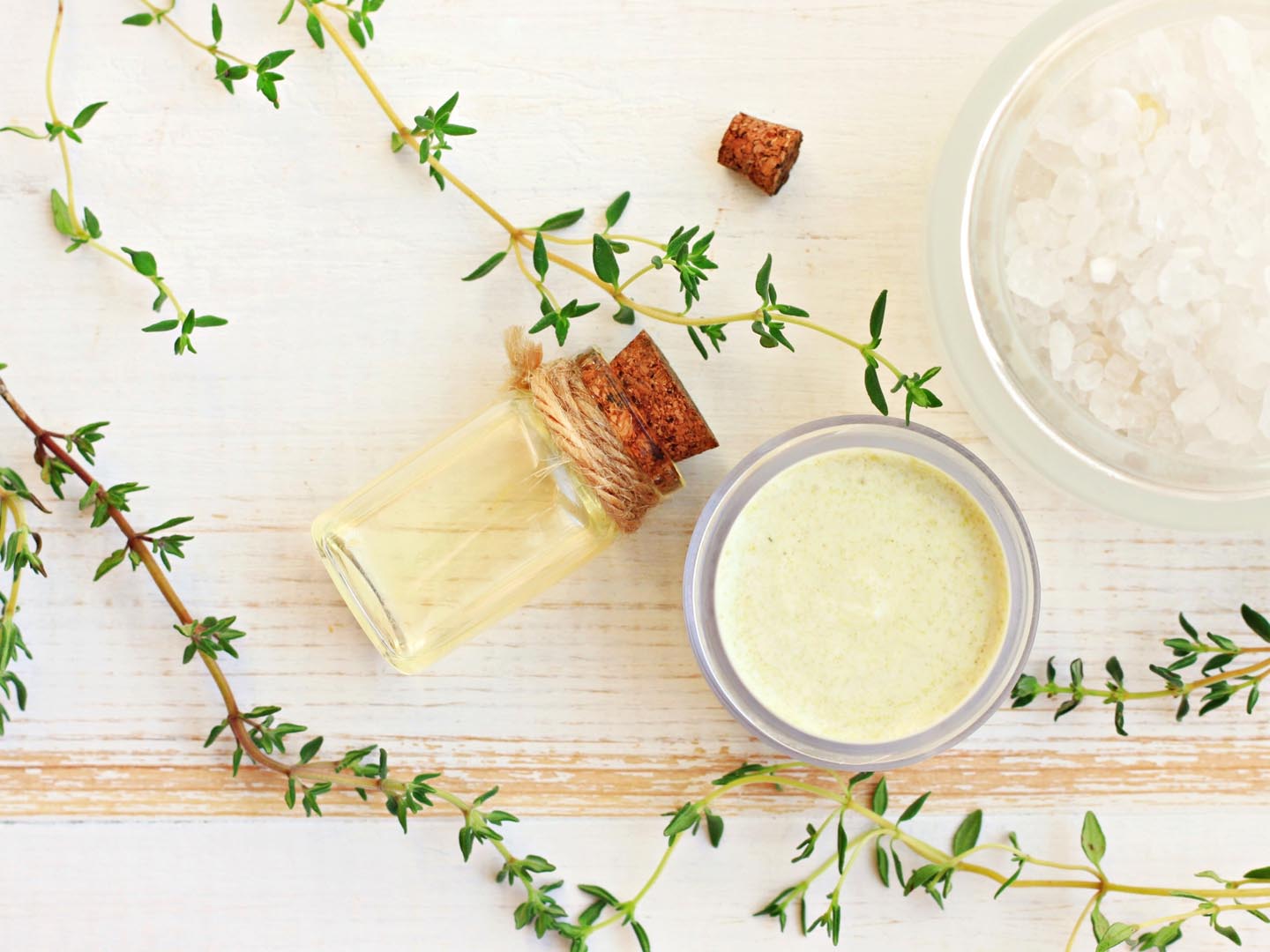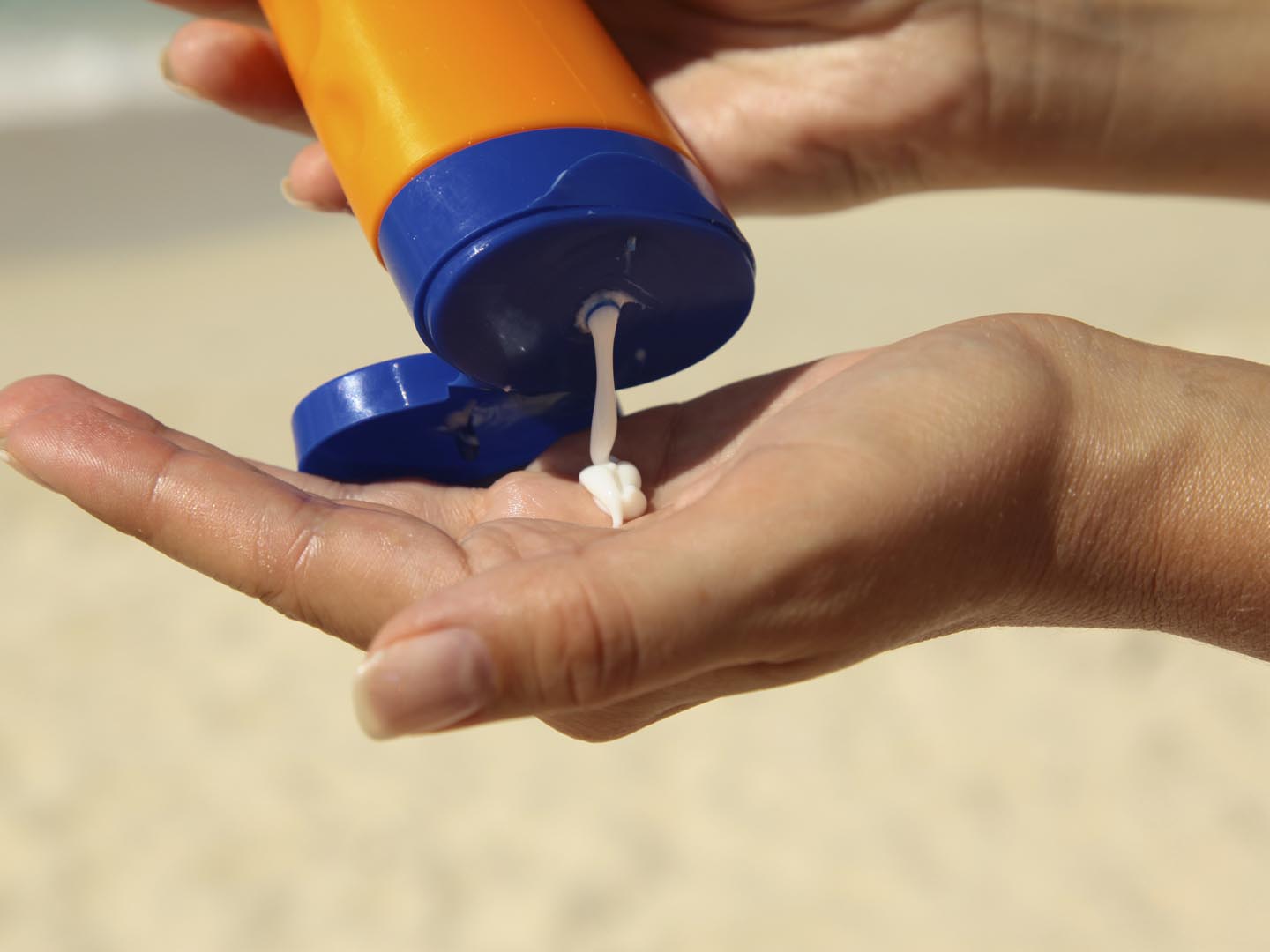Saving Face?
My 28 year-old son gets ugly cysts on his face quite often. They are quite embarrassing for him and painful also. Is there anything he can do to prevent these or treat them?
Andrew Weil, M.D. | September 9, 2004

Your son should see a dermatologist who can examine his face and diagnose his condition. Cysts on the face, which can be inflamed and very painful, could be cystic acne, a particularly severe form that can lead to scarring if not treated properly.
If your son’s skin condition is cystic acne, his dermatologist will have a variety of medications available for treatment. Two of the most effective are derivatives of vitamin A, tretinoin (Retin-A) and isotretinoin (Accutane). Retin-A, a topical drug that is applied to the skin, can be used daily to prevent future outbreaks of cystic acne. Accutane, which is taken orally, can be curative but usually is reserved for severe cases that haven’t responded to other treatments. Both drugs are safe when used as directed under a physician’s supervision. (Women taking Accutane must be very careful not to become pregnant, since the drug can cause severe birth defects.) Cystic acne may also be treated with oral antibiotics that can help quell underlying inflammation from infection, and sometimes, with an injected steroid to shrink the cysts.
Caution your son not to squeeze his cysts. This can lead to permanent discoloration, particularly among people with dark skin. In addition to making an appointment with a dermatologist to assess his condition, he might try taking astragalus (Astragalus membranaceous) from the root of a Chinese plant that can help fight chronic infections. The dose is two capsules or tablets twice a day unless the product label directs otherwise. I would also recommend experimenting with essential fatty acids. (A combination of evening primrose oil and omega-3s would be optimal in my book.) They can modify inflammation and help protect the skin. Also try drinking plenty of water, eating fruits and vegetables and following an anti-inflammatory diet.
Andrew Weil, M.D.











